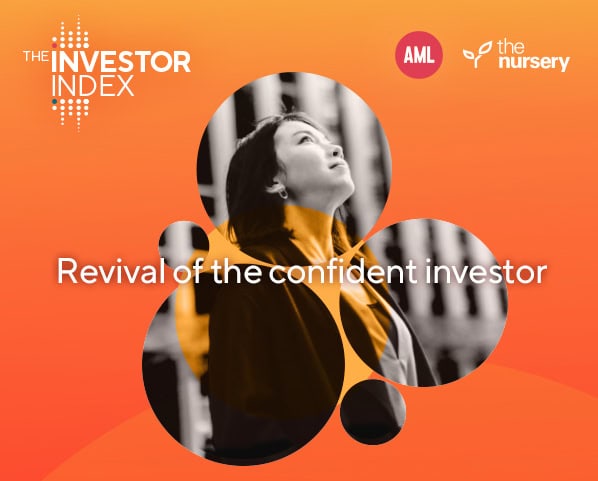The Cannes festival is the Oscars, the Olympics even, of advertising. The ingenuity of the strategy, the purity of the idea and the perfection of the execution have to be complete. Hard enough for consumer brands; and even harder for intangible, complex products like banking. Yet at last year’s Cannes advertising festival the biggest winner with an unprecedented eighteen Lions and four Grand Prix was an American bank – State Street.
Another winner was Russia’s leading bank, Sberbank. Santander from Spain won too, beating many well-known (and well-funded) contenders selling consumer goods. All three won with very different campaigns; but what they had in common was that none were directly selling products or services. All were campaigning, in the older sense, for some kind of improvement in society. The prizes went to activism, not advertising.
State Street won big with a big, simple idea called Fearless Girl. You probably remember seeing her on TV or your social feeds; a life-size young girl cast in bronze, fists on hips, staring down the rampaging Wall Street bull in New York. Fearless Girl was created by ad agency McCann to mark the launch of State Street’s SHE Fund, investing in companies with more female representation in their leadership. As well as earning an estimated $7.6 million of ‘free’ media exposure worldwide the campaign drove a threefold increase in funds under management.
It worked – and won all those prizes – not with a large advertising budget, because it caught a moment in time, between the launch of Facebook CEO Sheryl Sandberg’s book ‘Lean In’ on empowering women and the start of the #MeToo movement against sexual harassment sparked by Harvey Weinstein. The campaign is not without detractors but in terms of creating awareness of gender inequality (and the State Street brand, of course) none of that matters. Certainly not to the judges at Cannes.
Sberbank won with the smart use of data, identifying areas of Moscow underserved by businesses then supporting precisely the right businesses to set up shop. Highly effective and again, a campaign built around a simple idea that improves peoples’ lives rather than an ad campaign.
Santander’s prize was closer to conventional advertising, but wasn’t for an ad – it went to a beautifully-made science fiction short film that asks how much value people would put on their memories if given the chance to sell them. The brand is hardly to be seen, and like art, the film encourages people to think about how to live their lives.
None of the prizewinners depended on the vast media budgets of the past for their effect. They worked by capturing the imagination of their audience – women, Moscow flat-dwellers, young Spanish cinemagoers – and becoming part of the culture. Catching a popular movement, or creating one, can create positive change in society. Activism can be as effective in building a brand as spending millions on TV or poster advertising. And the Cannes judges simply love it, darling.


